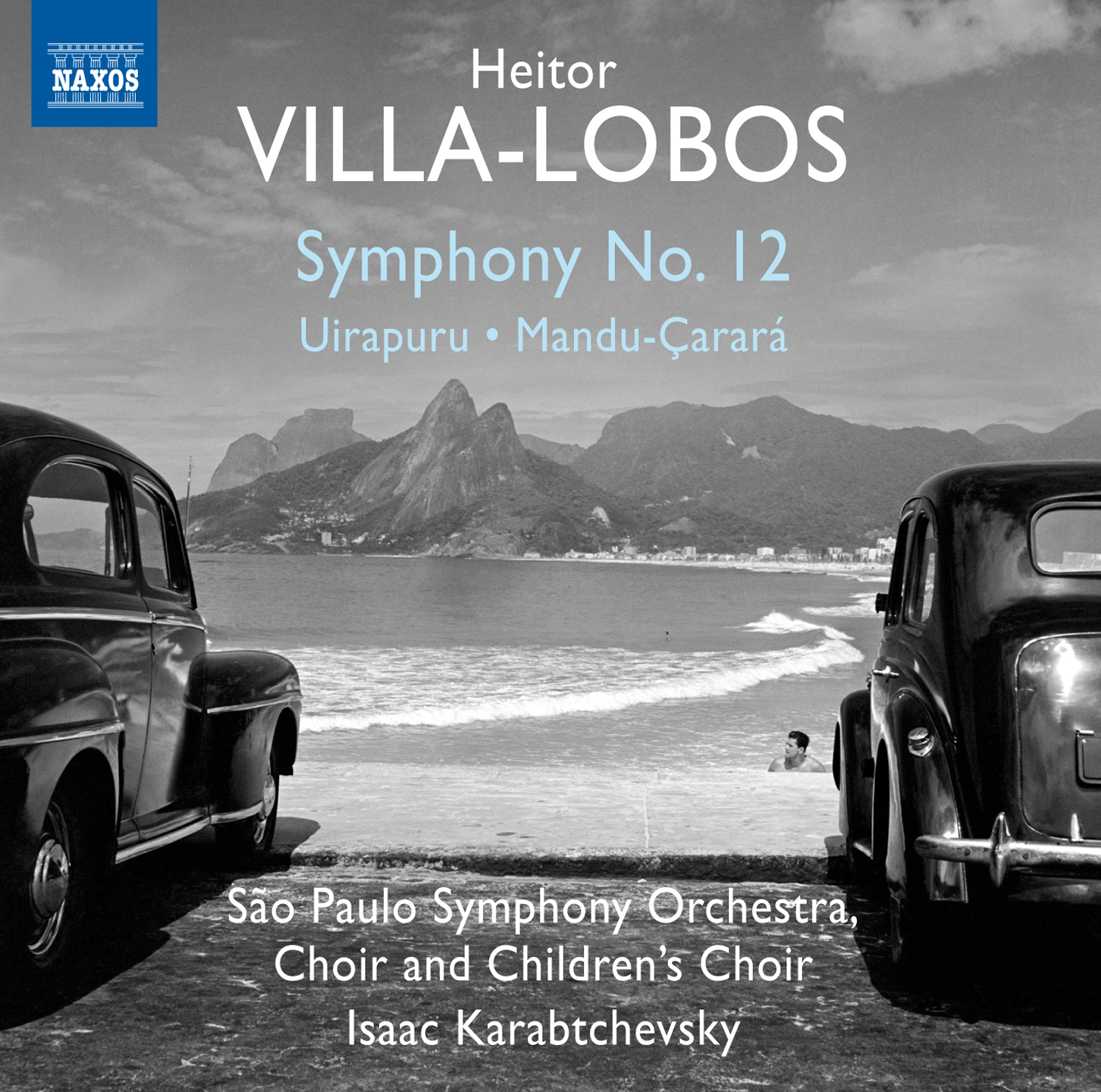Wrapping up the Symphonies of Villa-Lobos
Plus more!
Those who found much more to love in Symphonies 8, 9, and 11 from Villa-Lobos should be similarly pleased with Symphony no. 12.
It is compact and efficient in scale, showing the composer's love for the Neo-classicism movement, yet never straying from his own musical personality.
The opening movement is tougher, the slow movement the longest, while the scherzo and finale are colorful and perky. These are very similar traits to those preceding symphonies I mentioned before.
As a bit of substantive filler, the symphonic poems Uirapuru and Mandú-Çárárá, the latter coming with adult and mixed choruses. Uirapuru sounds like it is cut from the same cloth as his other tone poems, many found on Marco Polo. Those were primitivistic ala Stravinsky, and I especially hear that in this opening, contrasted with a melodically folksy portion later on. There is a riot of indigenous percussion throughout, and aside from this recording, one can hear this work famously performed on Everest from Leopold Stokowski.
Mandú-Çárárá exhibits tribalism, an aspect familiar from Villa-Lobos' Chôros and film scores. At some point in the middle of this work, I was reminded of Honegger's Pacific 231, or perhaps the Brazilian composer's own Little Train of Caipira. The addition of voices certainly affords this program with nice variety, and moreso the unique sound of a children's choir added to the mix.
Listen on YouTube
Works
Symphony no. 12 (24.50)
Uirapuru (19.16)
Mandú-Çárárá (13.36)
Performers
São Paulo Children's Choir
São Paulo Symphony Choir
São Paulo Symphony Orchestra
Isaac Karabtchevsky, conductor
Label: Naxos
Year: 2015
Total Timing: 57.42
Find more Villa-Lobos recordings HERE!


Comments
Post a Comment